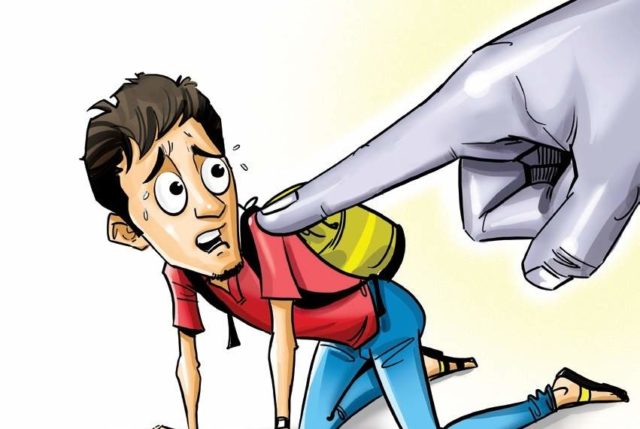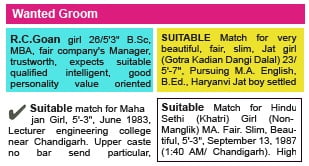Disclaimer: Originally published in August 2019. It is being republished since it still remains an interesting topic till today.
The other day when one of my professors was taking attendance, she came across my classmate’s name, say – “A”. The professor asked her if she had a last name and she said she didn’t have one.
The professor made a guess and asked her –
“Are you from Bihar? Because many of my friends and colleagues from Bihar don’t have a surname too.”
Eureka! That was an on-point guess. “A” is from Bihar. The professor’s curiosity was piqued and she then ensued into an interesting conversation with “A” and us about surnames.
What’s In A Name?
Maybe there wasn’t much in a name in the era and context that the Bard was writing in, but if you live in the 21st century India, a name gives a shout-out of who you are and a full-fledged description of your familial lineage even before you begin to introduce yourself.
It is the surnames that play the role of defining who you are. They aren’t just a symbol of the religion you come from, but also enumerate equally vividly the caste you hail from. It is not uncommon to hear shameful judgements or casteist remarks people make, the moment they come across somebody’s caste.
Given that entrenched prejudice that comes with caste, many progressive parents are choosing to let their work millennial kids decide whether or not they want to have the family surname.
Also Read: Is Saudi Arabia Becoming Feministic With New Laws For Women’s Rights?
This commendable trend began in Bihar, with many woke parents giving the freedom of choice to their children if they want to have a surname.
Here’s How It Began
The practice began by the people from slightly lower rungs of caste choosing to drop their surnames and take up a generic surname like “Kumar” in order to avoid their caste identity baggage with them. This surname is a holistic one and did minimise the stereotyping and discriminatory practices against people from lower castes in examinations, job opportunities and the like.
Eventually, the practice percolated in the folds of the upper-caste and ‘forward’ communities. Instead of taking up a pseudo-surname, they chose to drop their surname. The recent trends show many Bihari parents letting their children free to take their stance on having a surname.
In a country where caste still clutches us with its evil claws, manifesting itself in obvious forms like loathsome matrimonial ads and subtle ways like remarking on people based on their caste, this idea is a very forward as well as appreciable one.
We all have a priceless takeaway from this progressive practice started by Bihari families.
True, that casteism is as omnipresent and as lethal as carbon dioxide in our air, but with conscious efforts and woke minds, we can surely erase them both, one step at a time!
Image Sources: Google Images
Sources: Times of India, The Hindu, Live Mint
Connect With Blogger At: @Rhetorician_rc
Other Recommendations:
With Triple Talaq Gone, Shouldn’t This Law Allowing Hindu Men To Keep Mistresses Go Too?




































